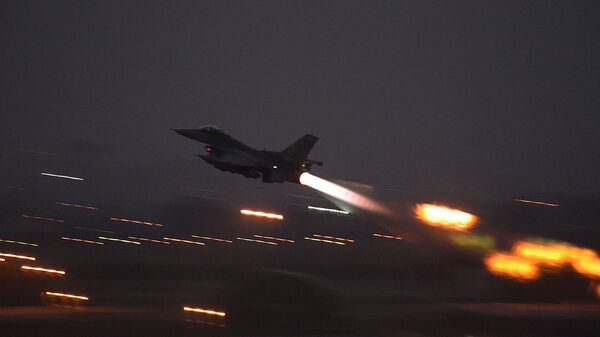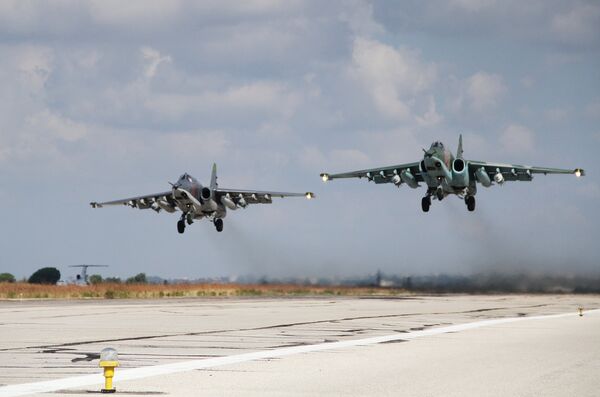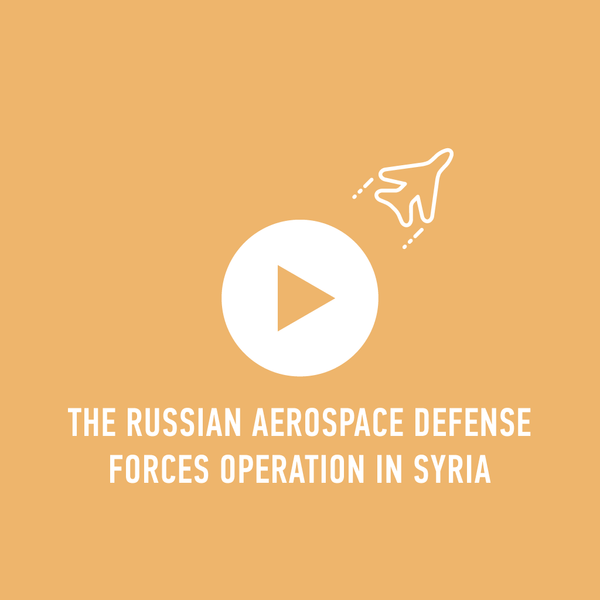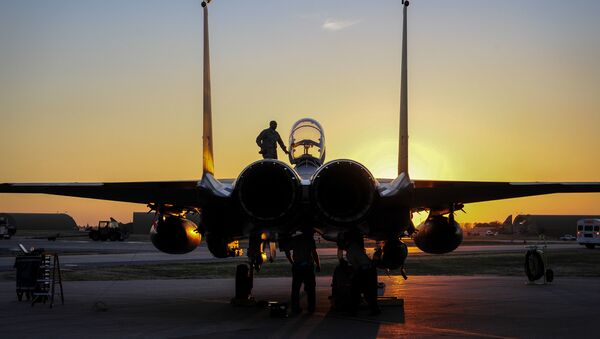Russian analyst Vladimir Lepekhin believes that the reason lies in what he refers to as geopolitical metaphysics.
"There is a more or less obvious frontline in any ground operation. The line dividing the warring parties is an observable constant. When opposing forces fight on the ground, alliances are obvious," the expert wrote in an opinion piece for RIA Novosti.
Aerial war is a completely different story.

Barack Obama recently said that airstrikes against Daesh should be carried out "surgically, with precision." No one could argue with this. "But who could determine (or prove) how precise or inaccurate US bombings in Syria really are?" the analyst asked.
Who could say whose side the US is really on when it comes to the Syrian conflict?

For its part, the US is flying missions from the Incirlik air base located in Turkey, notorious for its ambiguous role in the Syrian war. "Turkish leadership is supporting Daesh and views Assad, the Kurds in Turkey and the Yazidis as its archenemies," the analyst observed.
Aerial warfare, according to the expert, could blur the lines of who is fighting whom while a ground operation always reveals the frontline.
"I think, this is the reason why the US and NATO do not want to take part in the ground operation so that they do not unexpectedly reveal their true interests and intentions. Should NATO forces appear in the conflict zone, it would soon be obvious, who they are fighting against, whose side they are on and what they are really doing in Iraq and Syria," Lepekhin explained.





